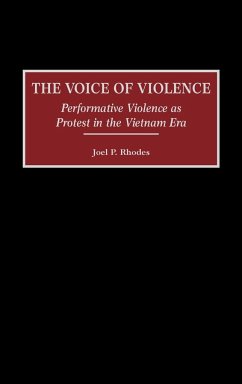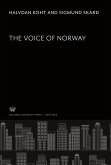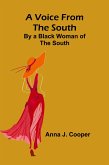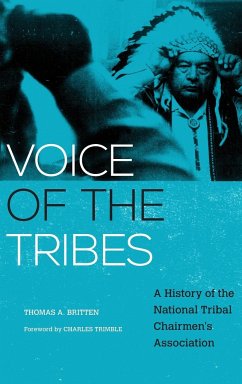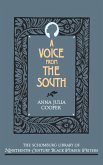The tide of 1960s political upheaval, while mistaken at the time by some as a unified assault against America carried out by revolutionaries at home and abroad, was actually hundreds of locally constructed expressions of political discourse, reflecting the influences of race, class, gender, and local conditions on each unique group of practitioners. This is a comparative study of how radicals at the local level staged, displayed, and ultimately narrated symbolic acts of performative violence against the symbols of the American system. The term performative violence refers to a method of public protest whereby participants create the conditions in which their violent actions become a political text, a powerful symbol with a strong historical precedent. Recognizing the textuality of history, this interdisciplinary examination deconstructs the performative violence within its historically specific and socially constructed contexts using four representative case histories of late 1960s and early 1970s activism. These are the African-American rioters in Kansas City, the Black Panther Party in Detroit, campus radicals at Kansas State University, and activists at the University of Kansas. Rather than focusing on the major clashes of the Vietnam era, this book contributes to recent scholarship on the 1960s which has attempted to offer a more textured analysis of the era's activism, particularly its political violence, based on more local studies.
Hinweis: Dieser Artikel kann nur an eine deutsche Lieferadresse ausgeliefert werden.
Hinweis: Dieser Artikel kann nur an eine deutsche Lieferadresse ausgeliefert werden.

